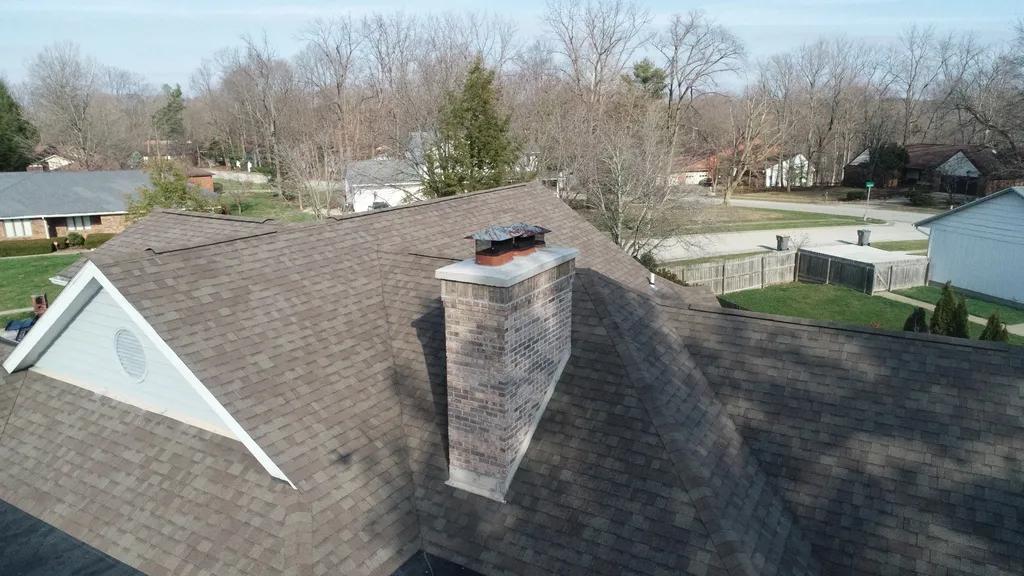Masonry foundations are critical components of any structure, providing vital support and structural integrity. Over time, these foundations may experience wear and damage, compromising the overall stability of the building. In this professional guide, we will explore the importance of repairing masonry foundations and provide expert advice on how to effectively address common issues. From understanding the signs of foundation damage to implementing proper repair techniques, this article will equip you with the knowledge and tools necessary to ensure the longevity and durability of your masonry foundations.
Table of Contents
- Common Causes of Masonry Foundation Damage
- Signs of Foundation Issues to Look Out For
- Professional Repair Techniques for Masonry Foundations
- Preventative Measures to Avoid Future Foundation Damage
- Q&A
- Final Thoughts

Common Causes of Masonry Foundation Damage
Masonry foundations are sturdy and durable, but they can still be susceptible to damage over time. Understanding the is essential for homeowners and property owners to address these issues promptly. Here are some key factors that can lead to masonry foundation damage:
- Water Damage: Excessive moisture can seep into the masonry, causing cracks, erosion, and weakening the foundation.
- Soil Shifting: Changes in soil composition and shifting can put pressure on the foundation, leading to cracks and instability.
- Poor Drainage: Inadequate drainage around the foundation can cause water to accumulate, putting stress on the masonry structure.
It is crucial to address any masonry foundation damage promptly to prevent further deterioration and ensure the structural integrity of the building. Hiring a professional mason with expertise in foundation repair is key to properly assessing the damage and implementing the appropriate repairs. With proper maintenance and timely repairs, masonry foundations can remain strong and resilient for years to come.

Signs of Foundation Issues to Look Out For
Foundation issues can manifest in various ways, and it’s crucial to be aware of the signs that indicate potential problems with masonry foundations. One common indicator is cracked walls, both interior and exterior. These cracks can be vertical, horizontal, or stair-step in appearance, and may signal underlying foundation issues.
Another sign to watch out for is doors and windows that stick or fail to close properly. Uneven floors, especially those that slope or sag, can also point to foundation problems. Keep an eye out for gaps between walls and ceilings, as well as moisture or mold in basements or crawl spaces. If you notice any of these signs, it’s essential to address them promptly to prevent further damage to your masonry foundation.

Professional Repair Techniques for Masonry Foundations
When it comes to repairing masonry foundations, it is crucial to utilize professional repair techniques to ensure the structural integrity and stability of the building. Professional masons have the expertise and experience to accurately assess the extent of the damage and implement the most effective repair solutions.
Some of the key include:
- Tuckpointing: This technique involves removing deteriorated mortar joints and replacing them with fresh mortar to restore the strength and stability of the foundation.
- Repointing: Repointing is similar to tuckpointing but focuses on repairing the outer layer of mortar joints to improve the appearance and weatherproofing of the foundation.

Preventative Measures to Avoid Future Foundation Damage
When it comes to masonry foundations, taking preventative measures is key to avoiding future damage. One of the most important steps you can take is to ensure proper drainage around your foundation. Make sure that the soil slopes away from the foundation to prevent water from pooling against the walls. You can also install gutter extensions to direct water away from the foundation.
Regularly inspecting your foundation for cracks and other signs of damage is also crucial. Catching issues early can prevent them from becoming more serious and costly to repair. Additionally, it’s important to maintain proper grading around the foundation by adding soil as needed to prevent water from pooling. Another preventative measure is to ensure that trees and shrubs are planted a safe distance away from the foundation to prevent roots from causing damage.
Q&A
Q: What are some common signs that a masonry foundation needs repair?
A: Common signs that a masonry foundation needs repair include cracks in the walls or floors, sloping or uneven floors, moisture or water intrusion, and gaps between the foundation and the walls.
Q: How important is it to address masonry foundation issues promptly?
A: It is crucial to address masonry foundation issues promptly, as ignoring them can lead to further structural damage to the building and potentially compromise its safety and stability.
Q: What are some common repair techniques used for masonry foundations?
A: Common repair techniques for masonry foundations include repointing, stabilizing bowing walls, underpinning, and installing drain systems to manage water intrusion.
Q: Is it recommended to hire a professional for masonry foundation repairs?
A: Yes, it is highly recommended to hire a professional with experience in masonry foundation repairs, as they have the knowledge, skills, and tools necessary to properly assess the issue and provide effective solutions.
Q: How can homeowners prevent masonry foundation issues in the future?
A: Homeowners can prevent masonry foundation issues in the future by maintaining proper drainage around the foundation, conducting regular inspections, addressing any signs of damage promptly, and ensuring the soil around the foundation is properly compacted and graded.
Final Thoughts
In conclusion, repairing masonry foundations is a complex and crucial task that requires professional expertise and meticulous attention to detail. By following the steps outlined in this guide, homeowners and builders can ensure the long-term stability and structural integrity of their properties. Consulting with a qualified masonry contractor is highly recommended to accurately assess the damage and determine the most effective repair solutions. Remember, a strong foundation is the key to a safe and secure home. Thank you for taking the time to learn more about this important aspect of building maintenance.


